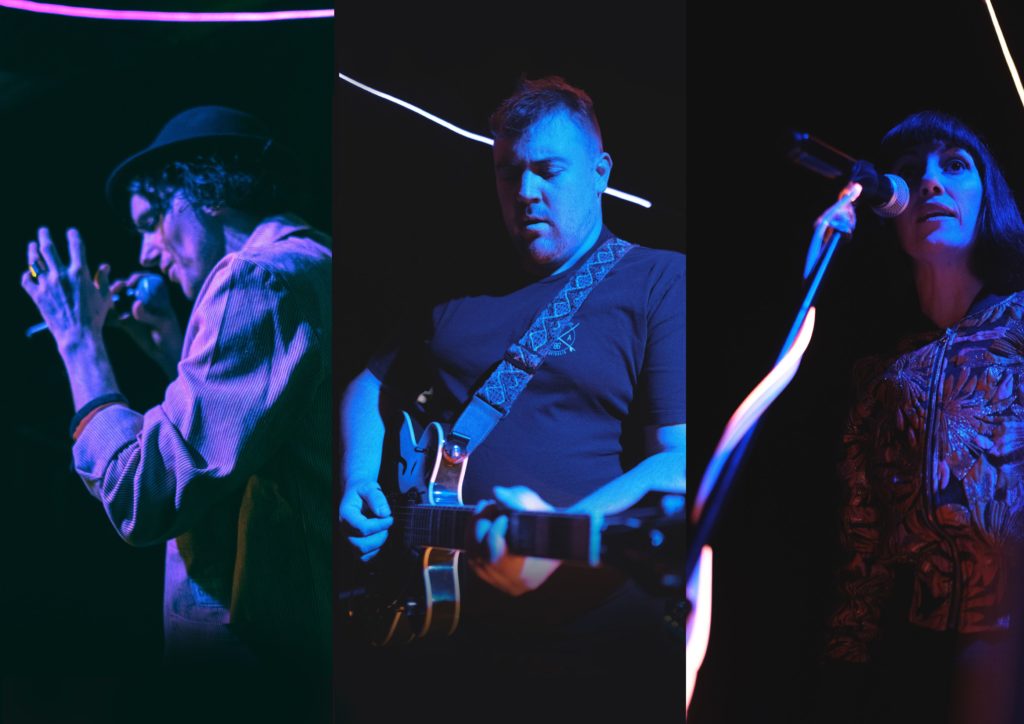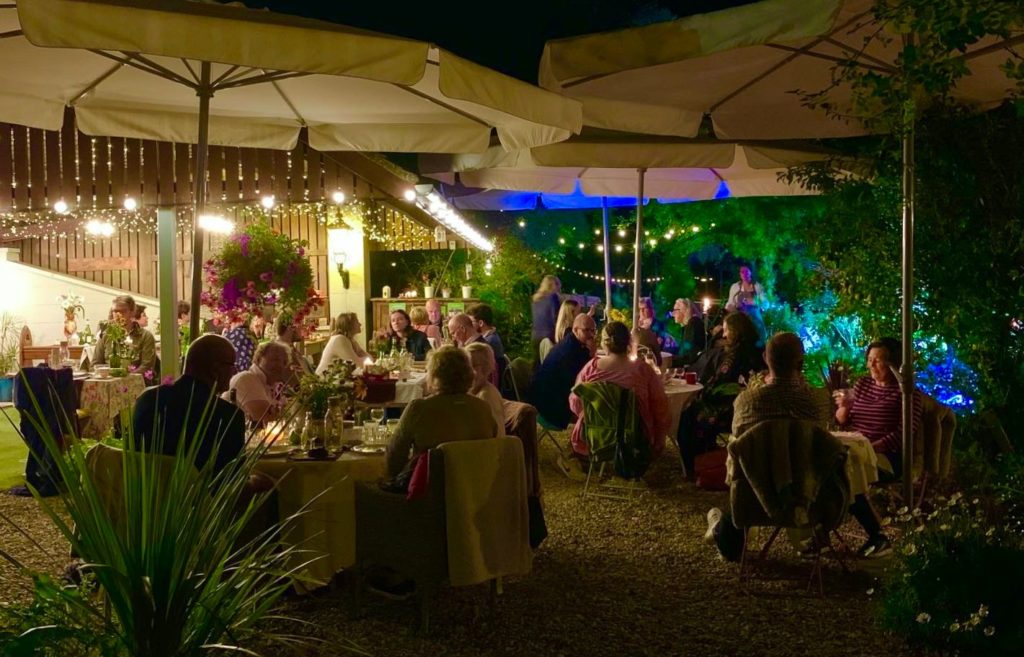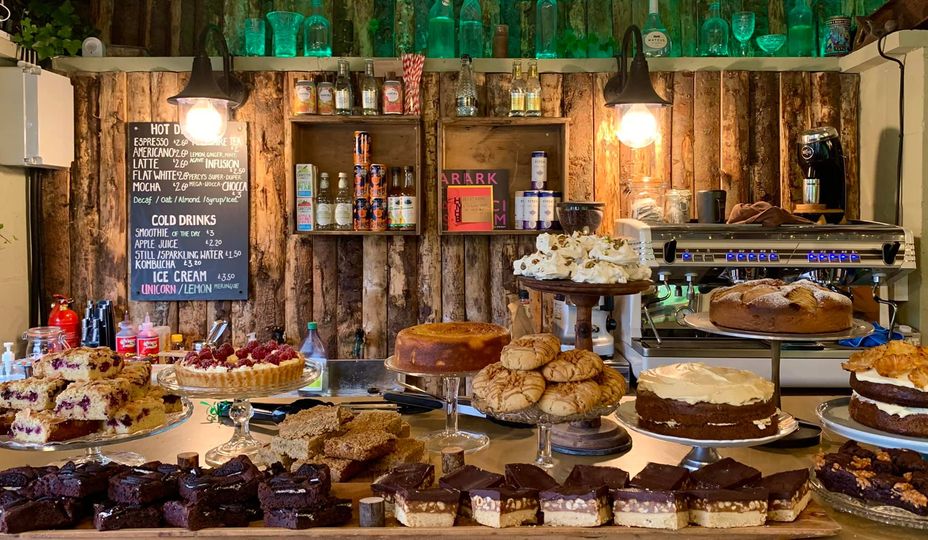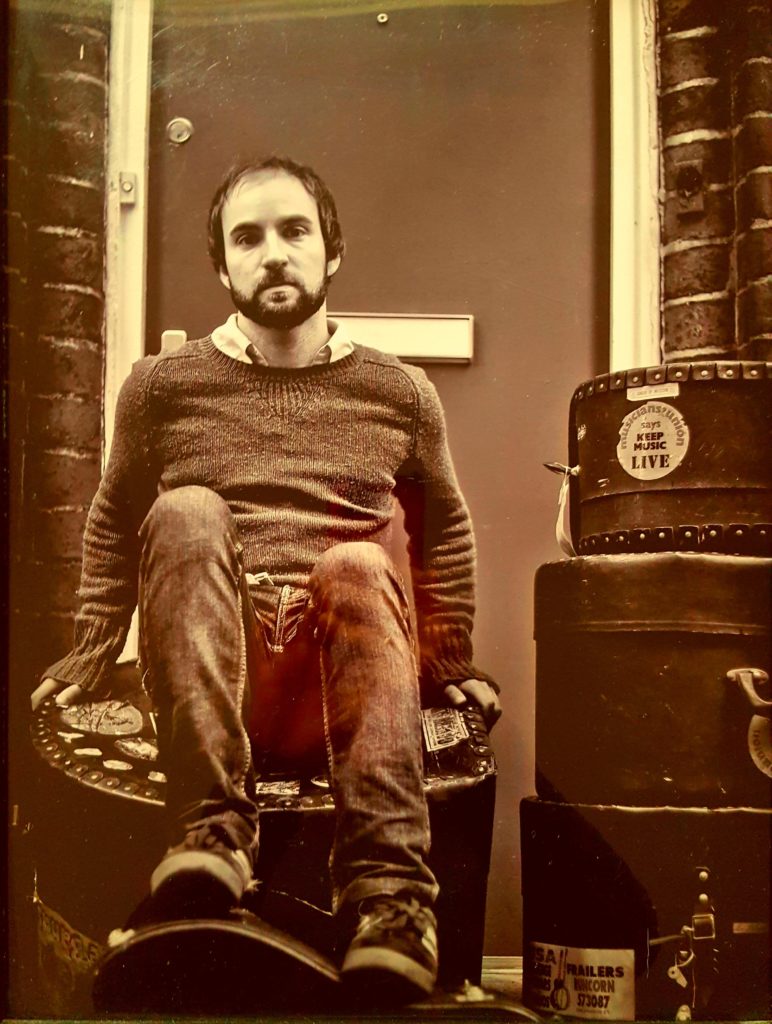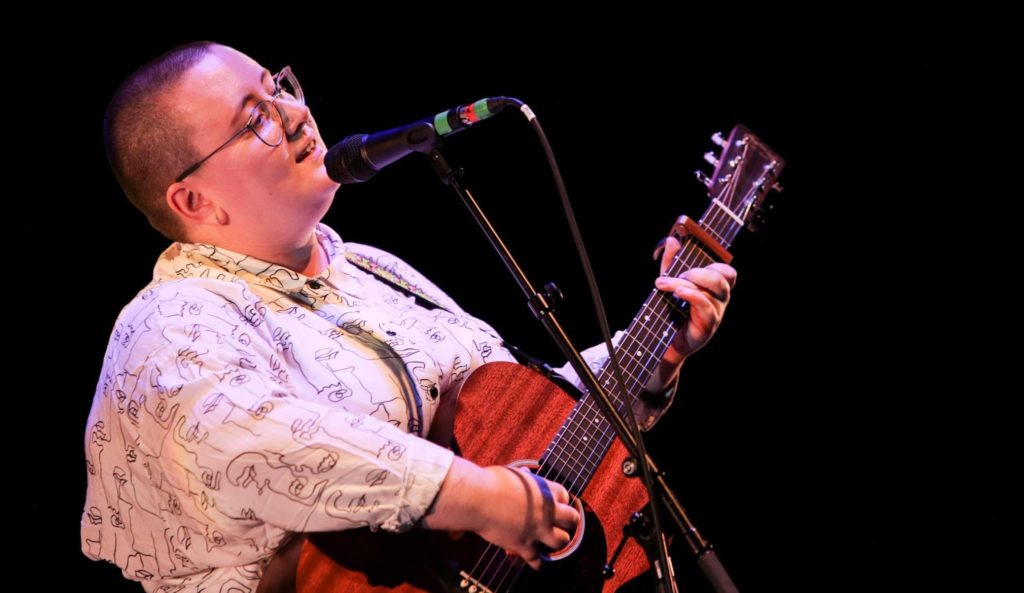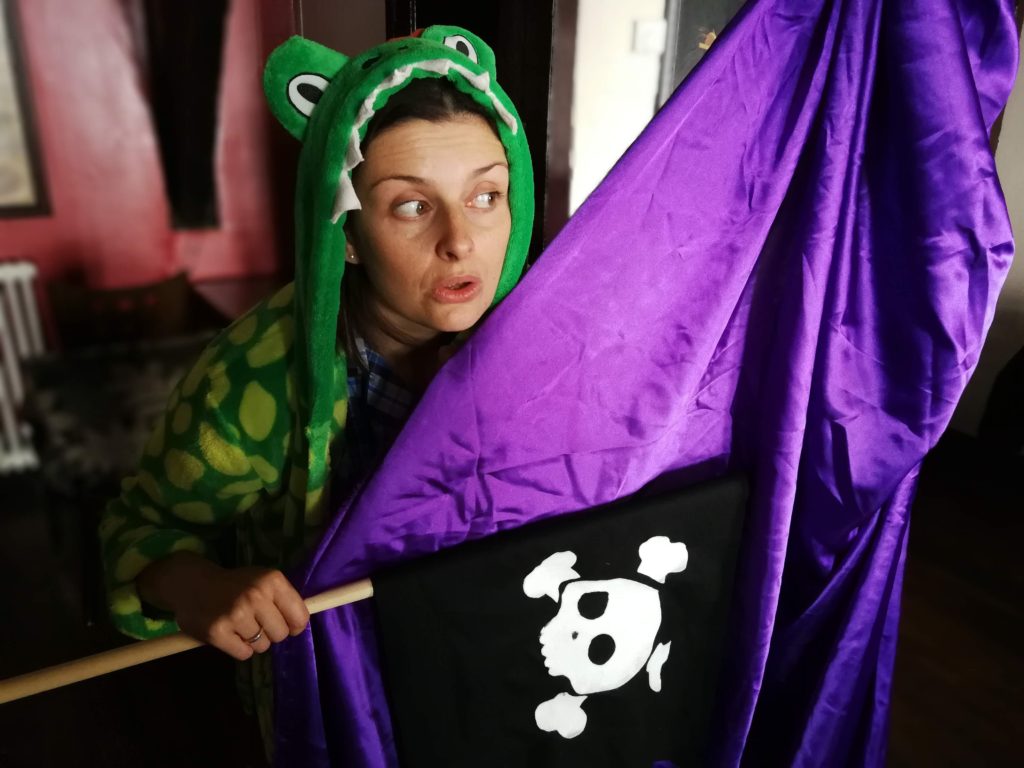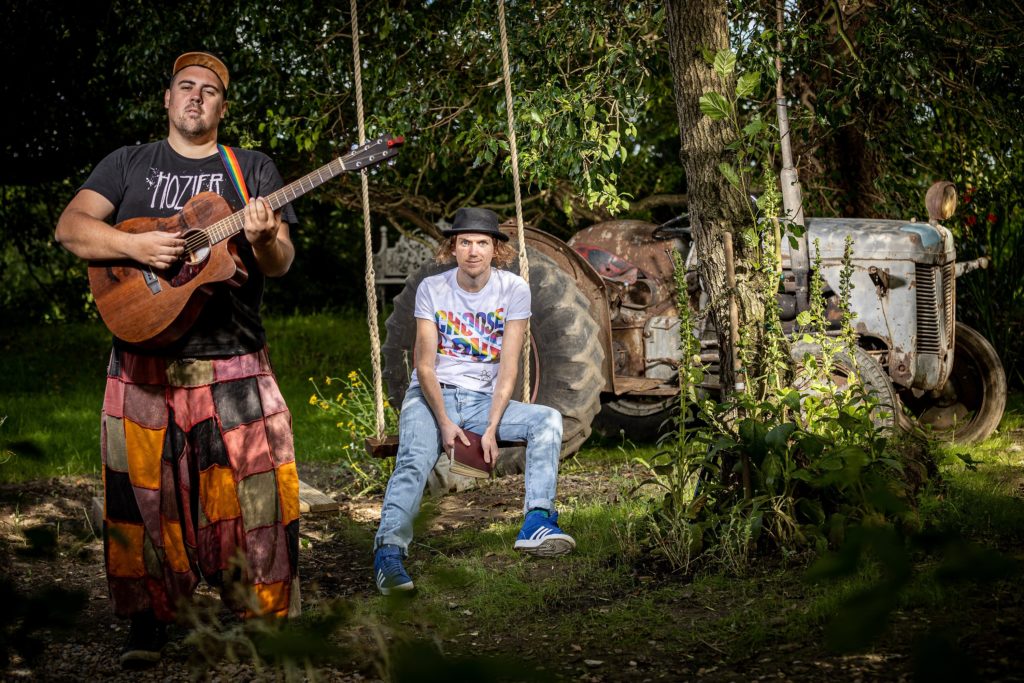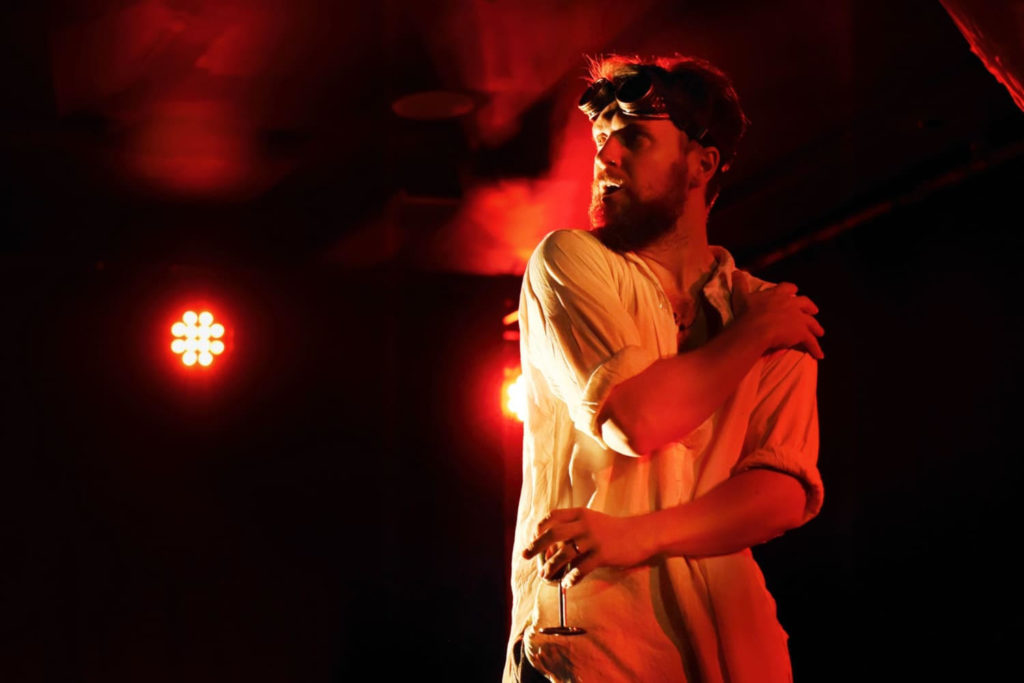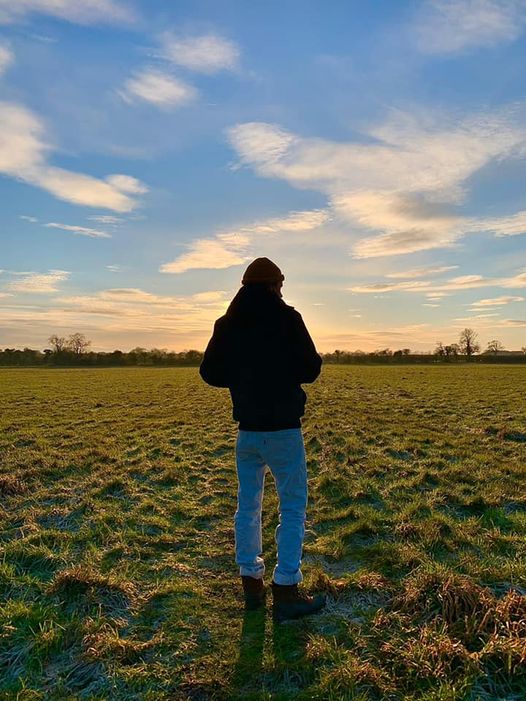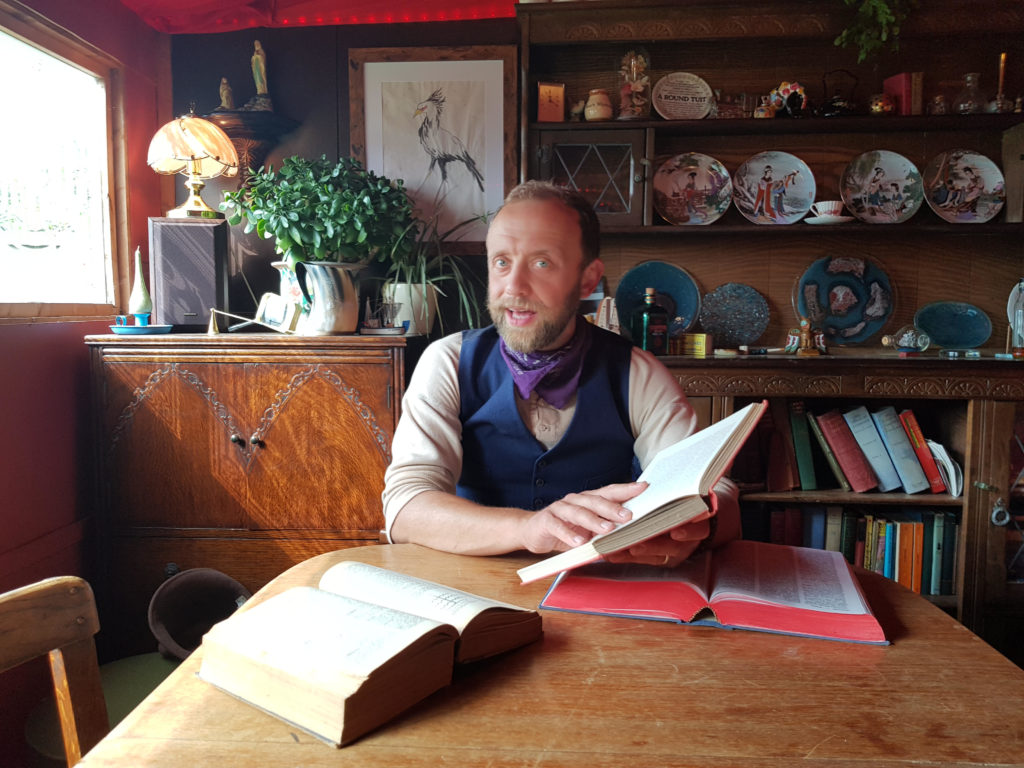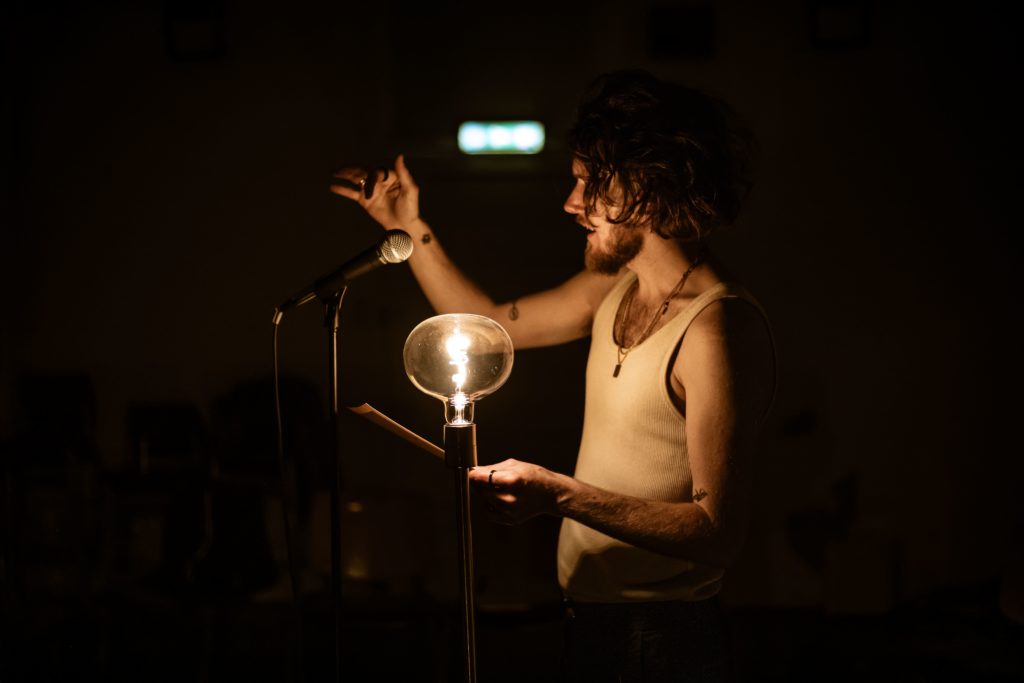
WHERE better for Wright & Grainger to stage their modern take on the Ancient Greek myth of Helios than underneath the dome of Castle Howard’s Great Hall.
The dome mural, painted by Venetian painter Antonio Pelligrini between 1709 and 1712, depicts the Four Elements, the Twelve Figures of the Zodiac and Apollo and the Muses.
This ethereal work climaxes with the tale of Phaeton falling from his father’s chariot. Encouraged to look higher and higher, the viewer finally meets the dizzying spectacle of Apollo’s son plunging to Earth, the chariot crashing into the river.
The Fall of Phaeton happens to be the thematic inspiration behind Easingwold storytellers Alexander Flanagan-Wright and Phil Grainger’s opus too, premiered at the Stilly Fringe at Stillington Mill, near York, in July 2023, and later that summer in the former Women’s Locker Room at Summerhall at the Edinburgh Fringe.
What happens, Alex? “A lad lives halfway up a historic hill,” he elucidates. “A teenager is on a road trip to the city in a stolen car. A boy is driving a chariot, pulling the sun across the sky.
“In a story about the son of the god of the sun, Helios transplants the Ancient Greek tale into a modern-day myth wound round the winding roads of rural England – and into the everyday living of a towering city. It’s a story about life, the invisible monuments we build to it, and the little things that leave big marks.”
In the wake of their oft-performed, internationally acclaimed myth hits Orpheus, Eurydice and The Gods The Gods The Gods – joined for the first time by Half Man Hall Bull at this summer’s Edinburgh Fringe – Alex and Phil invite audiences to “join them in a grand room with a tape player-and a delicate tale to tell” in performances of Helios at 5pm and 7.30pm.
Alex and Phil have a history of staging performances at Castle Howard, ranging from Gobbledigook Theatre’s The Tales Of Beatrix Potter in the Walled Garden to The Guild Of Misrule’s peripatetic The Great Gatsby and Gobbledigook Theatre/The Flanagan Collective’s Orpheus that turned the Grecian Hall into a disco.
Now comes Helios, performed by Alex to a cinematic score by Phil. “To be honest, it was Abbi [Alex’s sister Abbigail Ollive, director of marketing and visitors at Castle Howard] who suggested it this time. When she first saw Helios at Edinburgh, she said, ‘oh, you know there’s a painting of the Fall of Phaeton in the Great Hall?, and I had to say ‘No’, but very quickly I thought, ‘we should definitely find time to do a show under such a piece of art’. Hopefully it’ll be an historically significant night.”
What drew Alex to re-telling the fateful tale of Phaeton in modern-day rural England? “There was something about this kind of need to prove yourself. These two young lads are kind of doing that ‘My dad’s better than your dad’ thing, where there’s a need to prove ‘I’m worth what I said I’m worth’ by doing something stupid,” he says.

“I guess, in part, it’s the way you grow up in school, claiming ‘I am this or I am that’, and then someone says, ‘Yeah? Prove it’. It’s validating that space you take up in the world.
“It felt like it was a story that had a real tenacity to it, and then, like in loads of Ancient Greek myths, it speaks about how our landscape is laid out. Reflecting on how we grow up in our landscape, and how these stories define our day-to-day existence, it was a story well worth thinking about.”
Ancient becomes modern as Phaeton trying to ride his father’s chariot through the sky becomes “Phaeton having his mate Michael nick a car and then sticking it through the hedge”. “It’s that thing of wanting to be greater than you are and trying to do something that’s beyond your capacity,” says Alex. “That thrust of going too far to try to get the respect you’re pushing to achieve.
“You think, ‘what is that need in us now in a contemporary telling’ and you find the answer in something you remember in a story your mate told you.
“This is the interesting thing: why are you’re trying to go beyond these limits or trying to respond to someone else or a lack of something, rather than celebrating the beautiful things you have achieved.”
Alex continues: “Bragging is a want of broader satisfaction. It’s a loss of something, a lack of something, in everyone when growing up; you’re trying to compensate for something that otherwise means you don’t feel like you’re living life to the fullest.
“In our story of Helios we talk a lot about how it’s a show about facts in our world, how you live in relation to them, if you define them or they define you. There’s a bit in the show where they’re discussing their relationship with the sun. The sun being there means we can exist, but we like to define the sun: we are what defines us; that thing of saying ‘without us, the sun would be nothing’.
“We measure everything by the sun, but when you grow up there are so many other factors you are measured by and you understood what you’re in control of, rather than being controlled by. You brag less because you understand more.”
Why are we drawn to reckless speed in our youth? “I wonder why that is. I don’t know the answer, I don’t have an answer to posit. It starts with that joy of the bike, or roller skates, that joy of going really fast. I don’t know if it ever changes, though maybe we temper it.” says Alex.
Wright & Grainger present Helios in the Great Hall, Castle Howard, near York, October 17, 5pm and 7.30pm. Box office: castlehoward.co.uk.
The Great Hall and the Fall of Phaeton: the back story
THE Great Hall is the crowning masterpiece of dramatist-turned-architect John Vanbrugh’s design for Castle Howard, commissioned by the 3rd Earl of Carlisle.
From outside, the dome presents Castle Howard with a unique silhouette; on the inside, rising 70 feet into the air, it is a triumph of theatre and space. Massive columns, filled with carved decoration, rise in the four corners of the hallway; two large arches open to reveal the walls and staircases beyond; a balcony traverses the upper level, and above is the lantern and gallery with light flooding in from the eight windows.
The painted decoration, executed by the Venetian artist Antonio Pellegrini between 1709 and 1712, depicts the Four Elements, the Twelve Figures of the Zodiac and Apollo and the Muses.
This ethereal work climaxes with the tale of Phaeton falling from his father’s chariot. Encouraged to look higher and higher, the viewer finally meets the dizzying spectacle of Apollo’s son plunging to earth.
The 3rd Earl and Vanbrugh revelled in the playful ironies of this dramatic tale of ambition and fall, which gently mocked their own aspirations.
The dome was destroyed by a fire in 1940, and Pelligrini’s Fall of Phaeton was lost too. Following the reconstruction of the dome in 1960-61, a Canadian artist, Scott Medd, was commissioned to re-create the scene.

